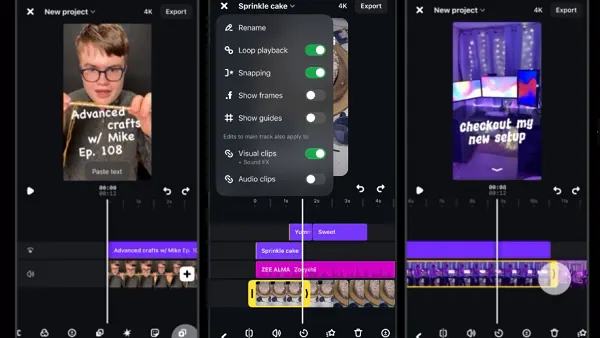Originally written for the Sandhills Business Times - a small business publication in NC.
You may be immersed in social media, or you may be surrounded by it without even knowing. For those who aren't familiar with the collective term, it's hard to avoid the other social media buzzwords that are seemingly everywhere today. You can't round a corner without hearing about a blog, podcast, wiki, twittering or a myriad of other newfangled words. If you haven't actively sought out information, it's likely you may not know what these terms mean, let alone what they're all about. Don't let their mystery scare you; these are useful tools, both in your personal life and business endeavors. To help you get acquainted, here is a quick crash course.
Blogs - Short for Web logs. These Web sites come in a variety of flavors that puts Baskin Robbins to shame. They're maintained by an author and cover just about any topic you can imagine. Personal blogs can resemble journal entries or just a writer's commentary about the world around them. Corporate blogs are a way of keeping in touch with your customer base by providing resources and letting them know the latest news. They're also an effective way to listen to your audience's feedback and respond quickly.
Social Networks - Social Networks, like Facebook and MySpace, have earned popularity because they allow people to stay in touch and rekindle friendships even with today's busy schedules. As a business you have the opportunity to network, professionally with new business prospects, potential employees and colleagues through business-oriented networks, like LinkedIn.
Podcasts - While the name lends itself to Apple's iconic iPod, Apple can't claim naming this one. The origin? Portable On Demand broadcasts. Imagine being able to listen to your favorite talk radio show at your convenience and not when the radio schedule dictates. Pretty cool, huh? Even cooler, microphones are affordable and combined with your computer, these are the only tools you need to get your message out to your audience.
Wikis - While Wikipedia is the most well known wiki, most wikis are not styled after encyclopedias. They're actually pages where those with access can contribute or modify content. Do you have something a lot of people need to see and edit, but coordination would be a nightmare? Upload it to a site like PBwiki and give all those people instant access. They can edit and update it ontheir own and save it for the next person. I'd take that over merging 10 versions of the same document any day.
RSS - Really Simple Syndication. Despite the naming department taking a day off, this one is another great time saver. With all these sites constantly updating their content it's time consuming to look for new postings you care about, right? RSS feeds take the pain out of that by doing it for you. Click on the little orange square logo on a site you visit frequently and your browser will automatically let you know when your favorite news site or blog has new content.
Photo Sharing - Long gone are the days of the 35mm, at least for the masses. With digital cameras most of us are ending up with photos on our hard drives and not in our hands. What better way to share them than through the Internet with Flickr or Photobucket. These Web sites let you upload your pictures for your friends to see just by creating a free account. Try promoting a new product or give a virtual tour of your office by posting pictures.
Microblogging - Sites like Twitter and Yammer force your updates to be short in length. Not only do they help you develop your short hand, you can also alert customers to sales, promote a blog update or make an announcement to your employees and coworkers.
Now the fun part: I could talk about this for hours but it's hard to truly grasp unless you try it yourself. Make a Facebook account. Set up a few RSS feeds. Read some blogs. Post your photos. Social media is adaptable; try it and make it your own.







